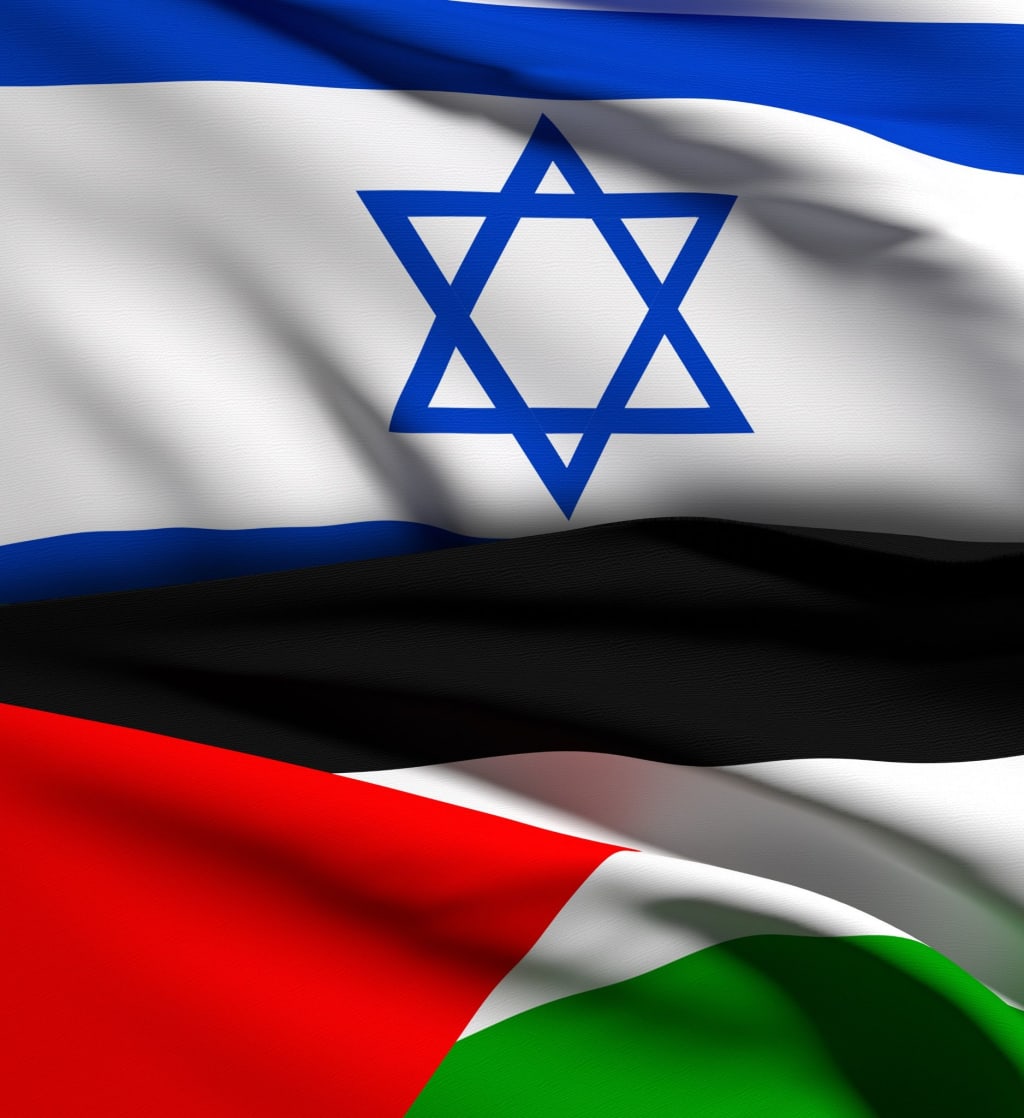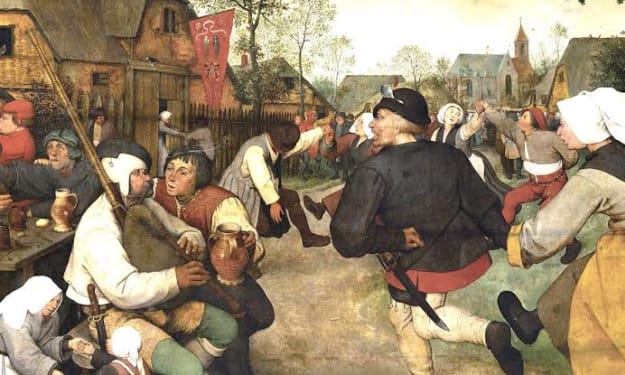The history of the Israeli-Palestinian conflict
From ancient to modern

The history of the Israeli-Palestinian conflict is a complex and deeply rooted one, with both sides having legitimate historical claims to the land. The conflict has its origins in a mix of historical, religious, and political factors. This narrative will provide an overview of key events and developments but does not cover all aspects of the conflict, which continues to evolve.
**Ancient History:**
The region now known as Israel and Palestine has a rich history dating back thousands of years. It is considered sacred by three major monotheistic religions: Judaism, Christianity, and Islam. Jerusalem, in particular, holds deep religious significance for all three.
**Late 19th Century - Early 20th Century:**
Zionism, a political and cultural movement that emerged in the late 19th century, sought to establish a Jewish homeland in Palestine, then part of the Ottoman Empire. Waves of Jewish immigrants began to arrive in the region.
**World War I and the Balfour Declaration:**
During World War I, the British, in their quest to gain Arab support against the Ottoman Empire, issued the Balfour Declaration in 1917, which expressed support for the establishment of a "national home for the Jewish people" in Palestine. This laid the groundwork for the eventual establishment of Israel.
**British Mandate and Arab-Jewish Conflict:**
Following World War I, the League of Nations granted Britain a mandate to administer Palestine. Arab residents opposed Jewish immigration and land purchases, leading to tensions and violent clashes.
**1947 UN Partition Plan:**
The United Nations proposed a plan to partition Palestine into separate Jewish and Arab states, with Jerusalem under international administration. The plan was accepted by Jewish leaders but rejected by Arab leaders.
**1948 War and the Creation of Israel:**
In 1948, Israel declared its independence, leading to a war between the newly formed state and neighboring Arab countries. Israel emerged victorious and expanded its territory.
**Palestinian Exodus (Nakba):**
The 1948 war resulted in the displacement of hundreds of thousands of Palestinian Arabs. This event is known as the Nakba, or "catastrophe" in Arabic.
**Six-Day War (1967):**
In 1967, Israel fought the Six-Day War against neighboring Arab states, gaining control of the West Bank, East Jerusalem, the Gaza Strip, the Sinai Peninsula, and the Golan Heights. This occupation had a profound impact on the Israeli-Palestinian conflict.
**Palestinian Liberation Movement:**
The Palestinian Liberation Organization (PLO), led by Yasser Arafat, emerged as a prominent organization seeking Palestinian self-determination. It gained international recognition and support.
**Peace Processes:**
Multiple peace initiatives and negotiations took place over the years, including the Camp David Accords, the Oslo Accords, and the Road Map for Peace. However, none led to a comprehensive resolution.
**Gaza and West Bank:**
Gaza and the West Bank have been at the center of the Israeli-Palestinian conflict, with Gaza ruled by Hamas and the West Bank by the Palestinian Authority. Both territories have faced ongoing tensions, violence, and economic challenges.
**Jerusalem:**
The status of Jerusalem remains one of the most contentious issues. Israel considers it its undivided capital, while Palestinians seek East Jerusalem as the capital of a future Palestinian state.
**Settlements:**
The construction of Israeli settlements in the West Bank is a major point of contention. Many view these settlements as obstacles to a two-state solution.
**Current Situation:**
The Israeli-Palestinian conflict continues to evolve with periodic eruptions of violence and diplomatic efforts. The quest for a just and lasting resolution remains a challenge, involving complex political, historical, and cultural factors.
This narrative provides only a broad overview of the Israeli-Palestinian conflict, which is characterized by a deeply intricate history, diverse perspectives, and a complex web of geopolitical considerations. The desire for a peaceful, two-state solution continues to be a goal for many, but the path to achieving it remains fraught with challenges and obstacles.






Comments
There are no comments for this story
Be the first to respond and start the conversation.